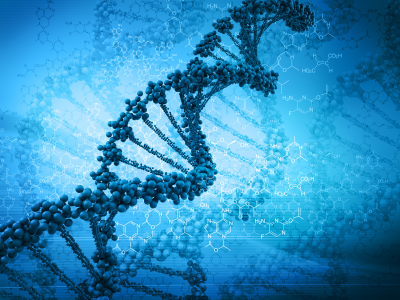In the fight against breast cancer, there’s a new tool that can help with early detection: genetic testing.
Along with annual mammograms and monthly breast self-exams, women who are at high risk for breast cancer may be advised by their physician to consider genetic testing for the two breast cancer genes, BRCA1 or BRCA2.
Here are some red flags that could indicate you should consider getting tested:
– Two first-degree relatives with breast cancer, one of whom was diagnosed when they were 50 or younger
– A first degree relative with cancer in both breasts
– A family history of ovarian cancer
– A male relative with breast cancer
– Women with Ashkenzai (Eastern European) Jewish heritage.
Mutations in breast and ovarian cancer genes are accountable for 5 to 10% of all breast cancer developments, and one in seven ovarian cancer cases.
After testing positive for the mutations, some women go so far as to have preventative mastectomies, hysterectomies, and taking anti-cancer drugs to prevent ever developing cancer.
For more information, talk with your healthcare provider about the BRCA gene test.





